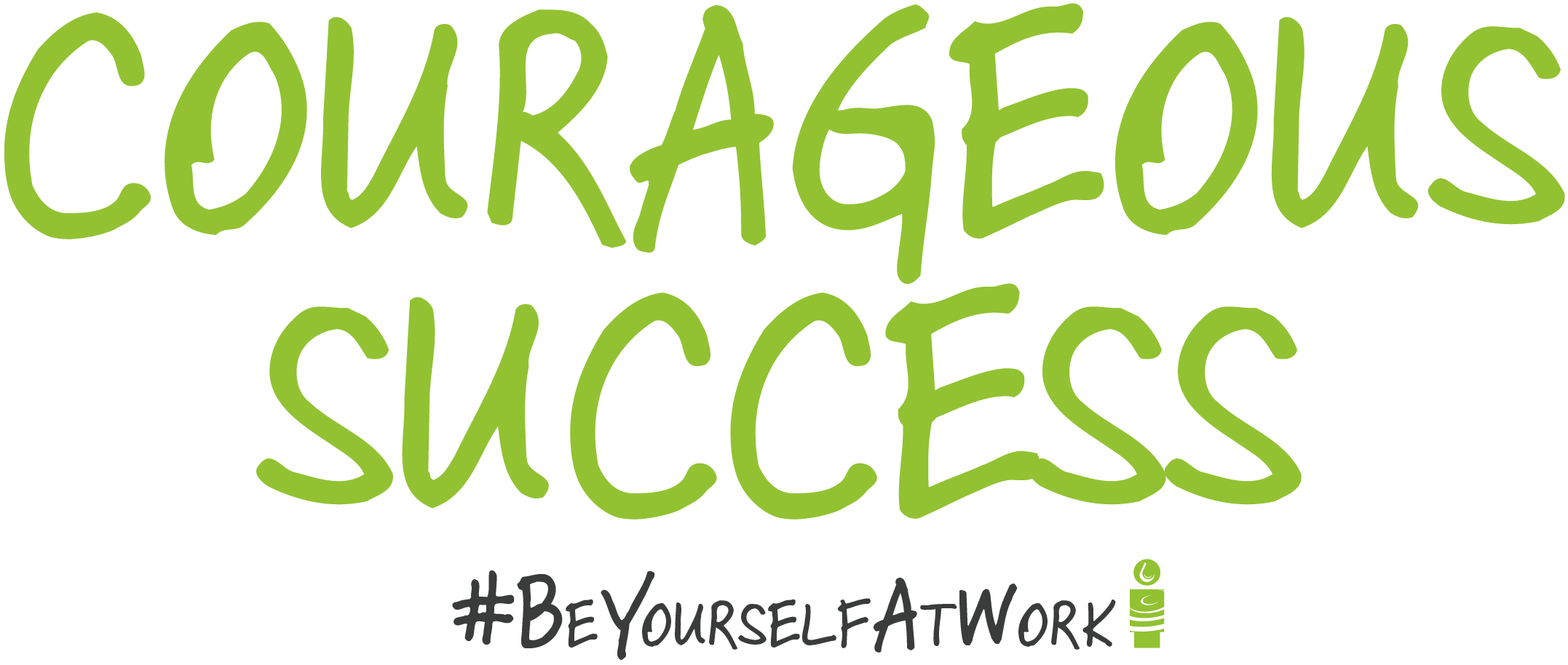44% of Millennials and Gen Z say their jobs are a regular cause of stress. (Everyday Health)
Since when did stress at work become something new? OOOHHHH controversial. But it’s true, gone are the days where work isn’t stressful. Is life just stressful? Is stress quite simply an energy that we all feel at times when things need to get done fast, there is change or when we feel challenged?
Everyday Health’s workplace stress stats show that over 30% of all respondents marked their job or careers as regular causes of stress. The fact that this rises to 44% for younger people shows that stress is on the rise among younger generations and presents a larger global insight than perhaps it did 20 or 30 years ago.
75% of workers believe they are more stressed-out than previous generations. (NIOSH)
6 in 10 workers in major global economies say they are experiencing increased workplace stress. (The Regus Group).
We often hear that the ‘always on’ culture of today’s workplace means that life is more stressful.
Is life more stressful nowadays or are we less resilient to stress?
There is research that shows that how we cope with everyday stress can have consequences on our health long-term. Stress and how we deal with it also has an impact on how productive we are, reported in HBR The Global Corporate Challenge study of over 1.5 million employees globally over a 12-year period found, for example, that while 63% of extremely stressed employees reported above-average productivity (so yes, stress can be a good thing), this number rises significantly to 87% amongst those who say they are not at all stressed. So, learning to build our resilience can help us to capitalise our energy to perform better!
Blaming stress puts the challenge of resilience out of our control. There is something about the word that implies that it is done to us. Is it? In our experience most “stress” is created by ourselves. It is our reaction to circumstances that creates the negative feelings, or the positive ones of exhilaration and pace when we utilise it.
77% of extremely stressed employees report above-average levels of fatigue, and early warning signs of longer-term burnout.
How extremely stressed are you?
Be honest, how well are you coping with the pressures of your life?
Do you need to reduce your stress levels?
If you do, decide to work on your resilience rather than blaming stress.
According to the Centre for Confidence and Wellbeing; ‘the good news is, that although some people seem to be born with more resilience than others, those whose resilience is lower can learn how to boost their ability to cope, thrive and flourish when the going gets tough’.
Resilience is dynamic, with the right tools, techniques and habits, we can become more resilient;
- In our #beyourselfatwork global study, over 50% of people admit to getting hurt of defensive when things go wrong. Sensitivity is a choice. What choice are you making?
- Accept what is out of your control and park it for now. Have the courage to action what is in your control and actively work on telling the difference!
- Save your cravings for chilled downtime for when you have it. Your busy periods are opportunities to feel momentum and be you, use them to make your difference.
- Notice how much you martyr. Any self talk or reactions around “poor me” may get attention, but not normally positive attention. Decide to put your best foot forward and get on with it.
- Use your iAM first wave to ground you. Resilience comes when we activate authentic coping strategies. If you don’t have an iAM, do what feels right to regroup whilst still engaging.
- Focus on what needs to be done and commit, and then take regular breaks to re-charge. Research quoted by HBR tells us that “mental focus, clarity and energy cycles are typically 90-120 minutes long,… balancing work activity with even a brief time for detaching from those activities can promote greater energy, mental clarity, creativity and focus, ultimately growing our capacity for resilience throughout the course of the workday.”
Believe in yourself.
#beyourselfatwork
